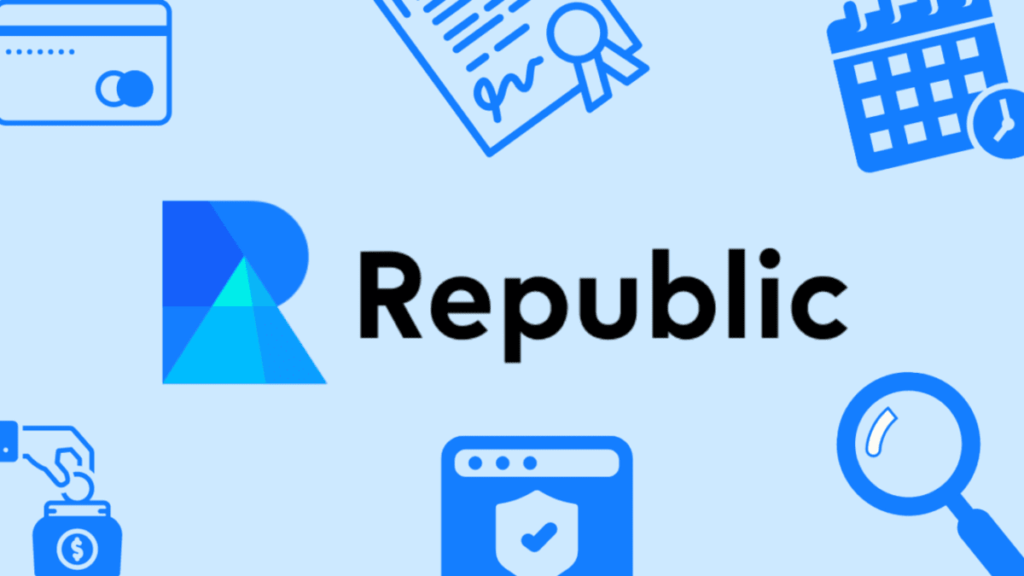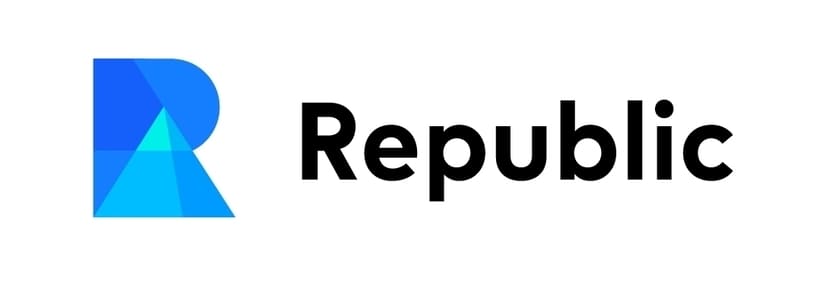TL;DR
- Republic will launch tokens linked to the value of SpaceX’s private shares, without granting ownership rights or access to financial information.
- Investors will be able to participate with amounts starting at $50 and up to $5,000. The tokens will reflect the difference between Republic’s purchase price and the future sale value of the shares.
- The initiative, based on the 2012 JOBS Act, raises concerns over the absence of shareholder rights and access to company records, similar to cases that have already triggered regulatory disputes.
Republic announced it will begin selling tokens tied to the performance of SpaceX’s private shares. These tokens will track the market value of the stock but will not grant any ownership rights or access to the company’s financial information.
The initiative operates under provisions of the 2012 JOBS Act, which allows private issuers to raise up to $5 million annually from retail investors under specific conditions.
The project sets a minimum investment of $50 and a cap of $5,000 per person. Each token gives the holder the right to claim the difference between Republic’s purchase price and the future sale value of SpaceX shares, either on the secondary market or through a possible IPO. According to the company, no approval from SpaceX is needed to issue these tokens, as they’re structured as investment contracts managed by Republic.
The tokens will be issued under U.S. Regulation Crowdfunding rules. Their price will be based on secondary market valuations of SpaceX’s shares. After a one-year lockup period, investors will be able to trade them on INX, a trading platform that Republic is in the process of acquiring.
Regulatory Questions and Republic’s Position
This model has triggered legal concerns due to the lack of shareholder rights, no access to company financials, and limited investor protections. There have been similar cases, such as Binance in 2021, which suspended comparable offerings after regulatory pressure. Clear standards for supervising these types of products have yet to be established.
Republic maintains that its offering complies with current regulations, though it acknowledges that regulators could take a different stance. The proposal could mark the beginning of a new phase in private equity tokenization, offering exposure to unlisted companies without requiring corporate approval.
These kinds of structures force a reevaluation of regulatory criteria regarding information disclosure, investor rights, and secondary asset trading. How this evolves could reshape the scope of retail platforms accessing assets previously limited to institutional funds and private equity













